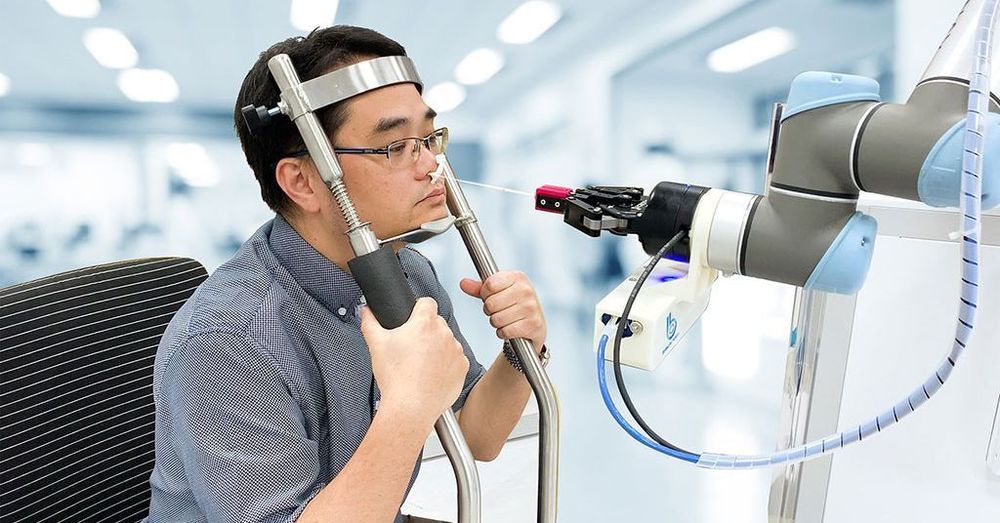The Board of Directors of the Mohammed Bin Rashid Space Center, MBRSC, held a meeting chaired by Talal Humaid Belhoul, Vice President, MBRSC to discuss developments related to future projects at the Center, aligned with the strategic plan of the UAE’s National Space Program. The meeting was attended by Hamad Obaid Al Mansoori, Chairman, MBRSC, Yousuf Hamad AlShaibani, Director-General, MBRSC, along with the members of the Board of Directors, Mohammad Abdullah Alzaffin, Mansoor Juma Buosaiba, Mohamed Saif Al Meqbaali, and others.
During the meeting, Belhoul was briefed on the reports of the MBRSC’s current projects, strategy and plans that endeavor to support the country’s strategy in the space sector and its contributions to other sectors, within the UAE’s National Space Program. Belhoul appreciated the efforts of the work done by the team at the center and the support they provided to government agencies and vital sectors in the UAE.
Stressing on the importance of the Center’s role in actively contributing to the promotion of space exploration in the UAE, he said, “Space is a competitive arena for scientific knowledge, and we are proud that the UAE is one of nine countries in the world that has an active space program. We have achieved a lot in this short span, but we have much more to accomplish. We will work towards achieving the vision of the wise leadership of the UAE to be one of the leading countries in terms of knowledge and scientific achievements.”





